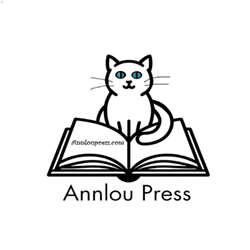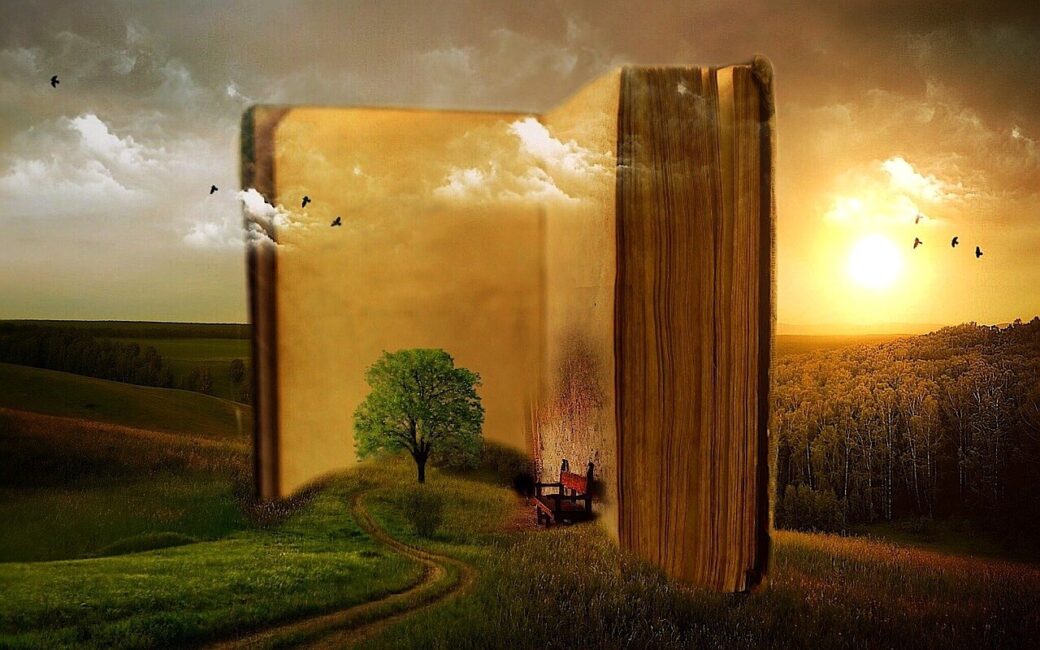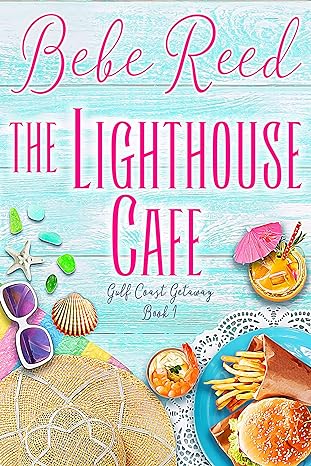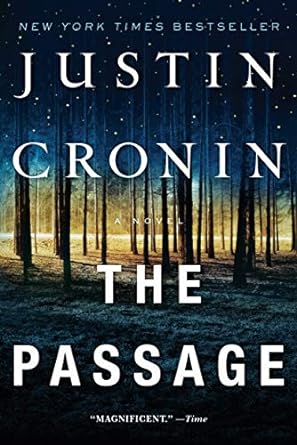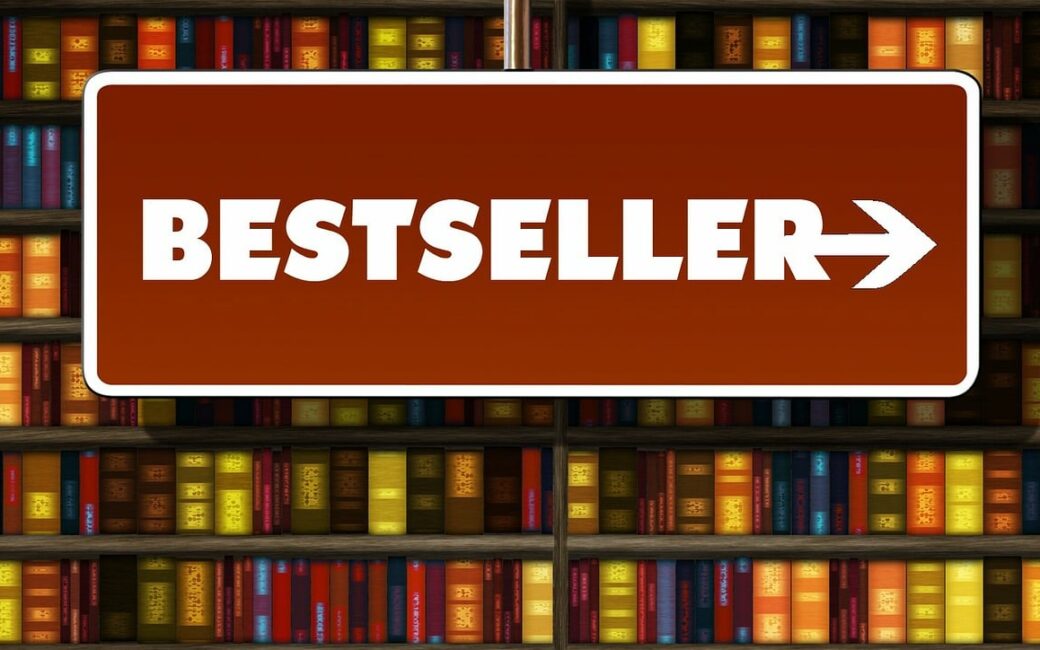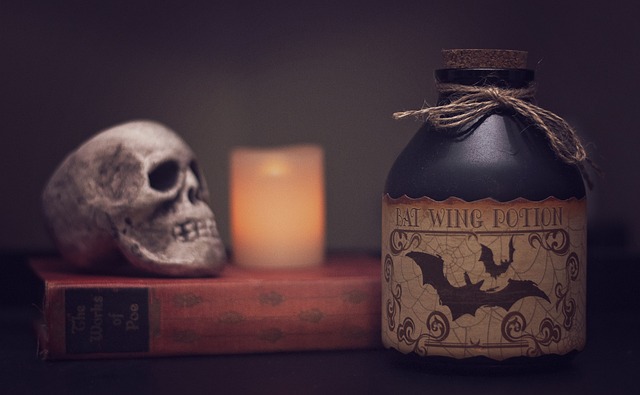In today’s fast-paced world, where reels trend and attention spans seem to shrink by the minute, one might question the relevance of classic literature. With so much new content available at our fingertips, why should we bother delving into the dusty tomes of centuries past? The answer lies in the profound impact these works have on our understanding of ourselves and the world.
Do we really gain anything?
Classic literature endures not because it is old, but because it is relevant. These works explore universal themes—love, loss, betrayal, redemption—that resonate across generations and cultures. Whether it’s Shakespeare’s exploration of the human condition in “Hamlet,” or Jane Austen’s incisive social commentary in “Pride and Prejudice,” classic literature offers insights into the complexities of human nature that remain as relevant today as they were centuries ago.
Moreover, classic literature provides a window into history, offering glimpses of the past that inform our present and shape our future. Through the pages of Dickens’ “Great Expectations,” we witness the social inequalities of Victorian England, while in Tolstoy’s “War and Peace,” we are transported to the battlefields of Napoleonic Russia. These works serve as both mirrors and maps, reflecting the society in which they were written and guiding us as we navigate our own.
Children and Classics
It is fascinating to me personally when I read old books that were intended for children or young adults. They are often much longer than books for school children today. They use more complex words. When I began updating a manuscript like this, I asked my twelve-year-old niece to read some of the original and some of the abridged version I was working on. She struggled with it. Some of the struggle was simply due to the archaic wording, but some of it had to do with the poetry-like patterns in the book, which was “Wet Magic” by Edith Nesbitt. My niece is a strong reader and loves fiction, so it wasn’t a lack of desire to try.
It was a different situation when I read it to her, using voice inflection to help her follow the theme and to see why the characters found things funny or interesting. She ended up enjoying the book, but if I had just given her the book as a gift, I think she’d have tried a few pages and then put it on the shelf to gather dust. For children, we can help by reading classics to them and explaining what they don’t understand. It can open doors for all kinds of discussions on past and current events.
Adults and Classics
Getting adults to read the classics is sometimes even more difficult. Even people who really enjoy reading will tend to read what they find relatable, and sometimes they don’t get close enough to the characters in old books. A reader needs to find a reason to care about the characters soon or they will typically abandon a book. With the classics, this may take more thought and more time. It’s worth it. These works are not always easy reads; they demand our attention and engagement. The words used in the classics may be archaic now or may even be inappropriate by today’s standards. In an age of instant gratification and superficiality, they remind us of the value of patience and persistence. They encourage us to wrestle with complex ideas, to question our assumptions, and to broaden our perspectives.
When we walk in the shoes of Hester Prynne in Nathaniel Hawthorne’s “The Scarlet Letter,” or experience the anguish of Jay Gatsby in F. Scott Fitzgerald’s “The Great Gatsby,” we gain a deeper appreciation for the diversity of human experience. We recognize that, despite our differences, we are all bound together by the common threads of longing and aspiration, joy and sorrow.
In the end, classic literature is not just a relic of the past, but a beacon guiding us through the complexities of the present. It challenges us to confront the eternal questions of what it means to be human, and it reminds us of the enduring power of words to illuminate our lives. So, the next time you find yourself clicking on a link for the latest bestseller or scrolling through your social media feed, consider picking up a classic instead. Give it several chapters to win you over. You may be surprised by the depth of wisdom and insight it has to offer.
